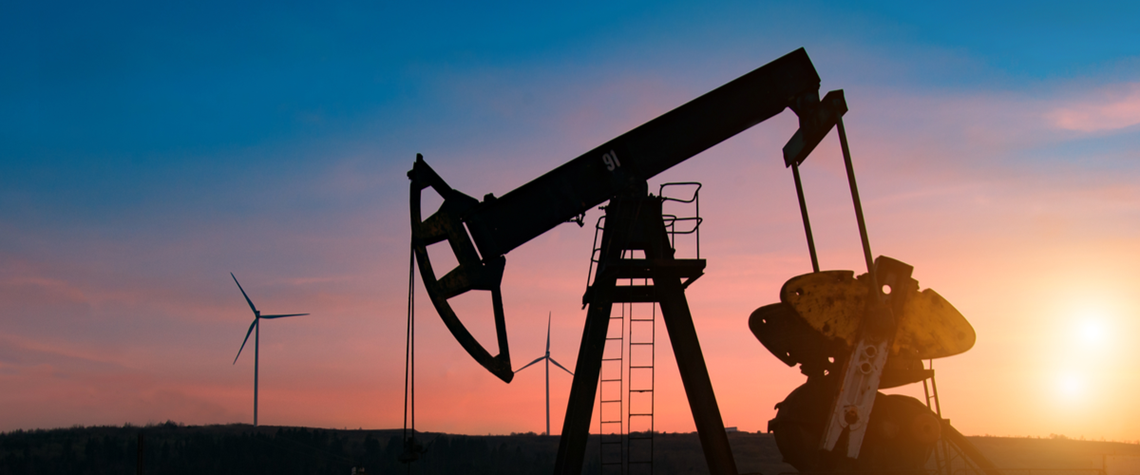Outlook 2022: The future of oil majors in the energy transition
The big oil and gas companies are faced with the prospect of losing a large part of their market as the world transitions away from fossil fuels. Can they carve out a positive role for themselves?
Oil supply will increase by 6pc by 2030 under stated government policies, but decline by 27pc in a scenario leading to net zero by 2050, according to the IEA. For gas, the figures are plus 10pc and minus 9pc. That is a wide range of uncertainty. And stated government policies would require an investment of nearly $700bn/yr in upstream oil from 2030—well above current levels—whereas on the net-zero-by-2050 trajectory there will be no need for investment in new fields. With reasonable optimism about global progress in converting to clean energy, a tipping point will eventually occur when prices will decline closer to the production costs of the lowest-cost fields, mainly in Opec countries. Tha

Also in this section
19 February 2026
US LNG exporter Cheniere Energy has grown its business rapidly since exporting its first cargo a decade ago. But Chief Commercial Officer Anatol Feygin tells Petroleum Economist that, as in the past, the company’s future expansion plans are anchored by high levels of contracted offtake, supporting predictable returns on investment
19 February 2026
Growth in LNG supply will surpass the rise in demand in 2026 for the first time in years, according to Mike Fulwood, senior research fellow at the OIES, but lower prices are likely to encourage fuel switching and could create more demand on a permanent basis
19 February 2026
Awais Ali Butt, manager for sales and business development at Pakistan LNG Ltd, discusses LNG’s role in energy security across developing, price-sensitive economies, as well as examining trade-offs between buying strategies and the impact of lower prices and policy on import behaviour
19 February 2026
LNG’s technical maturity, availability and price, as well as regulation, have driven its rapid adoption as a marine fuel, yet its future in shipping will depend on transition policies and progress in cutting methane emissions and scaling bio- and synthetic LNG, according to Carlos Guerrero at Bureau Veritas







